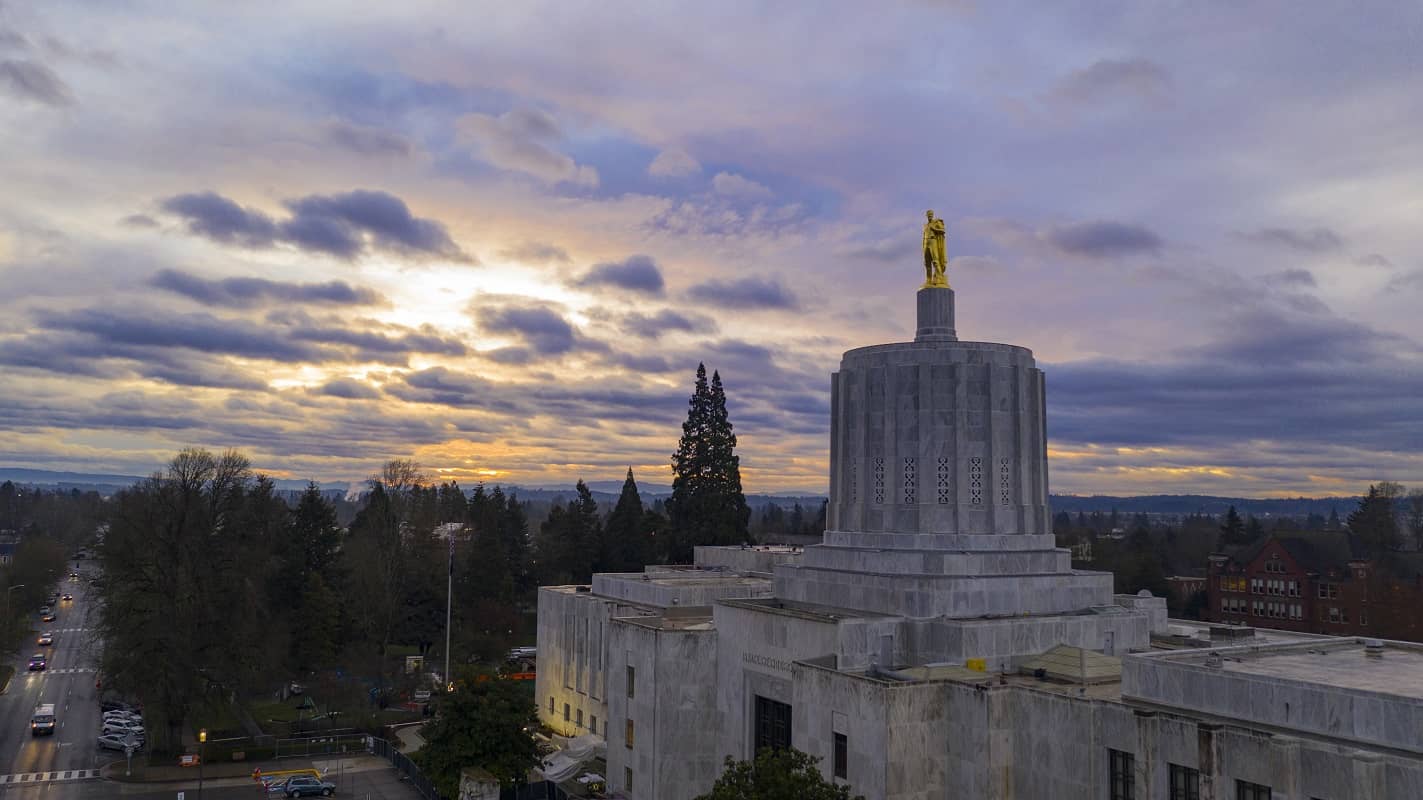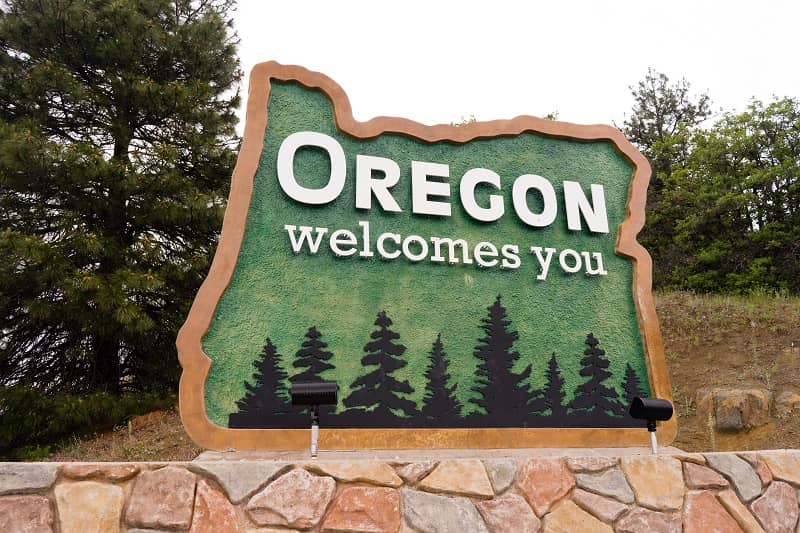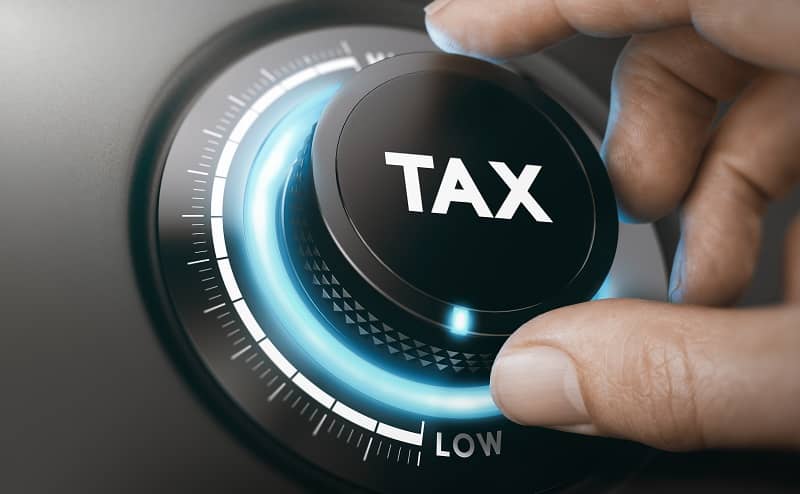Summary:
The Task Force on Comprehensive Revenue Restructuring was charged with developing a blue print for a state and local government tax system. But Portland pollster Adam Davis has shown that public negativity on government and politics is now higher than it has been in 30 years. Oregon voters do not trust government or politicians to get things right.
![]() Click here to read this Commentary in PDF format
Click here to read this Commentary in PDF format
As a member of the legislatively created Task Force on Comprehensive Revenue Restructuring, I participated in monthly meetings from November 2007 through January 2009. The Task Force consisted of eight legislators and 22 other members representing different regions and interests appointed by Governor Ted Kulongoski. I filled one of two “taxpayer advocate” positions.
The Task Force was charged with developing a blue print for a state and local government tax system that provides stable revenue, creates positive economic benefits for the state and provides for a financial foundation that enhances the state’s global competitiveness. While most members probably went into the exercise cautiously optimistic that major restructuring could be accomplished, that goal was quickly dashed at the first meeting. By the last meeting, the nails had been pounded into the reform coffin, and they weren’t about to be clawed up.
Why the gloomy outcome? The first and last meetings featured well-respected Portland pollster Adam Davis telling us what most Task Force members didn’t want to hear. In November 2007 the message was that public negativity on government and politics was higher than it had ever been in the 30 years that Davis had been tracking the trends. Even worse, voters made no distinction between government and politicians: They didn’t trust either, period.
Fourteen months later Davis reported on another poll, with virtually the same results: the highest level of cynicism among the electorate in his three-decade-long career. And this poll was conducted in November, just days after “hope” won nationwide and won big here in Oregon.
The politicians on the Task Force had all but given up their hope of crafting a tax reform package that achieved the goals of the Task Force and added to government coffers at the same time.
Pollster Davis did report at least one pro-tax result, but with a heavy caveat. He found that of all the taxes he asked voters about, they were most favorable to raising the tobacco tax. That is not surprising, since it is the tax paid by one of the smallest minorities in the state – smokers. Only 20 percent of adults smoke in Oregon, so 80 percent of us might feel that we can “get something for nothing” if we tax a product that we do not use. But he also warned that with such a high level of cynicism among the electorate, even a “semi-well-organized” opposition could defeat a tax proposal today.
The last time government tried to increase the tobacco tax, for example, was in 2007 when the Governor wanted to fund children’s health care by taxing smokers. The polls then, as now, showed a majority of voters liked the idea. But then the campaign geared up, and voters learned why such a plan was not a good idea after all. Smokers are a declining revenue source, and the so-called Healthy Kids Plan had flaws of its own. If the plan had passed at the polls, the tobacco revenue shortfall simply would have added to the budget hole the state finds itself in now due to the current recession.
This year, the Governor wants to raise tobacco taxes again, this time for general health care and transportation. Before Oregon lawmakers do his bidding, they should look carefully at Adam Davis’s poll results and realize that Oregonians don’t trust them to get it right. They also will not think it is fair to saddle a minority (smokers) with the cost of programs that are supposed to benefit a wider class of citizens.
This year legislators may have enough votes to pass a tobacco tax without a vote of the people. But the majority of Oregonians who voted No in 2007 won’t forget, and lawmakers will simply confirm the public’s distrust in them. So, rather than try an end run around the voters, legislative leaders should openly pull tobacco taxes off the table and acknowledge that they are doing it to rebuild trust with the public. They may be surprised at how positively such a seemingly small action is appreciated by their constituents.











